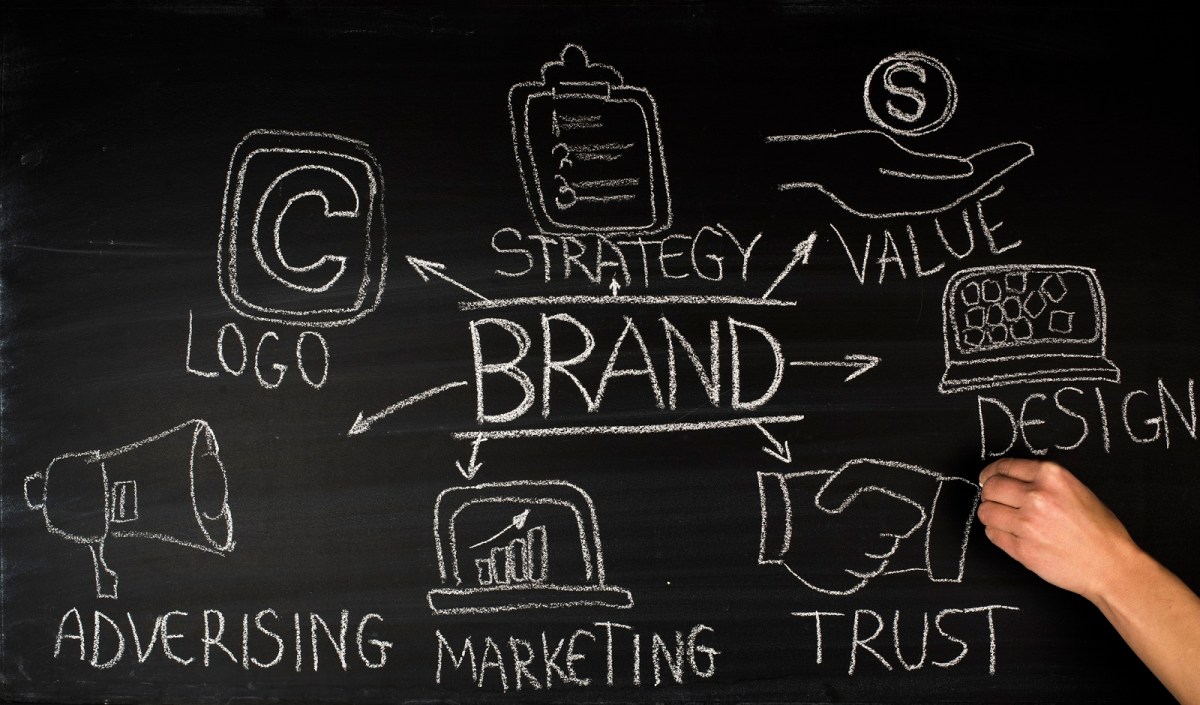New research from strategic research and consulting agency, Fifth Dimension Consulting, has found that Australian consumers are still happy to purchase from brands they distrust, contradicting much of the advice around branding.
Fifth Dimension conducted research into the nature of brand trust with 5,000 consumers, and found people continue to buy from brands they distrust, provided they personally gain from the relationship.
“Our research has shown that brand trust is a poor predictor of consumer behaviour, in particular, the share of spend and emotional connection to a brand,” Fifth Dimension founder and managing director, Lyndall Spooner said.
“Especially during the COVID-19 pandemic where brand loyalty has weakened, companies should be focusing their attention on meeting the needs of their customers better than what their competitors are doing, rather than investing in trust. That’s where they need to invest in order to drive growth.
“Most people think brand trust can make or break your company. Our research shows that this might not be true. Of consumers who distrust a brand they are already using, 70% say they will maintain or increase the number of products they have with that brand.
“Brand trust is linked to brand awareness and brand awareness is linked to brand prevalence, or how common that brand is in daily life. You may not trust Google, but you might use Google Home. Most people don’t trust Facebook, but how many of us have a Facebook page? A lot of people don’t trust big tech companies like Apple, but they still use Apple products.
“A lot of people have a naturally distrustful attitude that doesn’t actually translate into consumer behaviour. They say they distrust a brand but when push comes to shove, they will still use it. If you think about it, we all use brands that we distrust.”
According to Fifth Dimension, alternative metrics such as customer satisfaction or the competitive strength of a brand have a stronger relationship with customer behaviour and spend.
“Improving metrics that align with customer behaviour can increase monthly spending on your brand by more than 50%. The goal of any business should be to focus on the needs of your customers and the best way of meeting them. Focusing too much on trust will give the opportunity to your competitors to consume your market share.”
Fifth Dimension also found that Australian consumers have different interpretations of what it means to trust a brand. When asked about whether they trust a brand, consumers interpreted the question two ways with 60% interpreting trust as a company being able to do what they promise and the other 40% of consumers interpreting trust as whether the company is ethical in how they operate.
“Our research shows that those who interpret trust to be around capability are 30% more likely to trust brands. If you view trust as linked to ethics, you’re much less likely to trust brands. In fact, this group is 88% more likely to say they distrust brands,” Spooner said.
However, consumers often don’t know why they trust or distrust brands in the first place with the Fifth Dimension findings suggesting that brand trust is a less reliable measure of a brand relationship.
“We found that 52% of all consumers are unable to give any reason for why they trust a brand. If people don’t even know why they trust or distrust something, it suggests they are not emotionally involved in that opinion. It makes no sense to be investing in a brand measure that has such weak emotional and rational linkage to consumers just because we think it should.”
Fifth Dimension is an industry-leading consulting agency that has worked with high-profile businesses including Westpac, Coles, HCF, Microsoft, Telstra, Foxtel, Colgate, Coca Cola and Commonwealth Bank.

